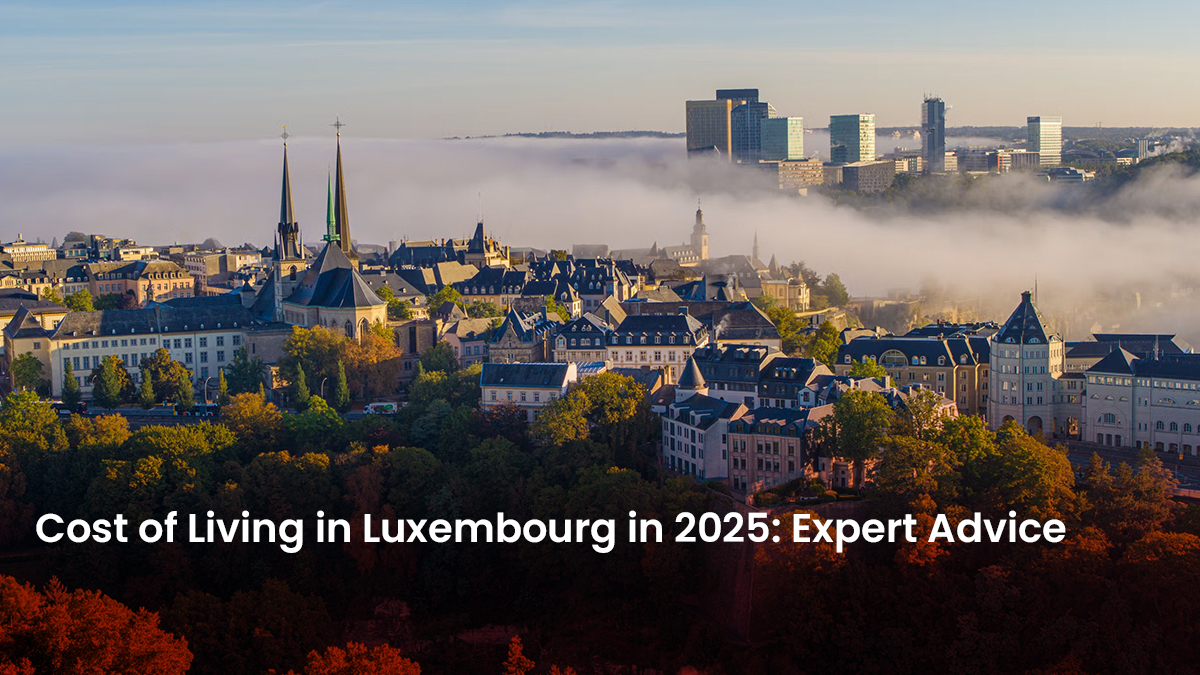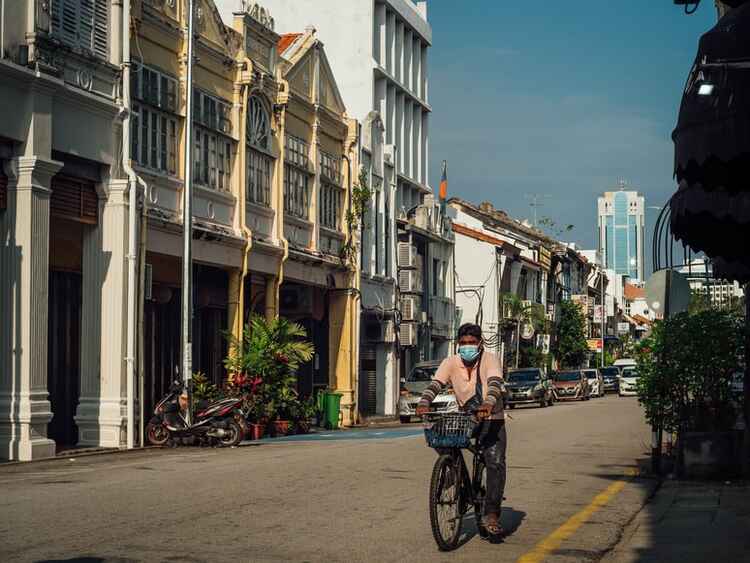In the ‘90s, Malaysia was one of the countries in Asia that were hit hard by the Asian financial crisis. This caused the Malaysian economy to crash, and its GDP plummeted hard. After surpassing this crisis, however, the Malaysian economy has been on an upward trajectory. In fact, according to the World Bank, the country’s economy is expected to transition to a high-income economy in 2024.
However, despite these economic developments and Malaysia’s effort in successfully reducing poverty in the country, Malaysia was still able to maintain its traditions and culture. In fact, one can say, that the country is a mix of modernity, culture, and tradition, and a huge part of this has something to do with Malaysian diversity.
A Brief History of Diversity in Malaysia
Modern Malaysia’s heterogenous state is shaped by migration, due to western colonialism and the Malay Peninsula and Borneo, being located near major maritime trade routes. Malaysia’s population.
Malaysia now has a diverse ethnic, cultural, linguistic, and religious diversity due to those events in its past. In fact, the majority of the population is made up of Malays, Chinese, and other people from South Asia, such as Indians, Pakistanis, and Sri Lankans. Aside from those, there are other minority ethnic groups found in different parts of Malaysia.
Languages in Malaysia
The main languages in Malaysia are Malay or Bahasa Malaysia, also the country’s official language, Chinese, and Tamil. Aside from those three main languages, there are also other minority languages spoken in different parts of Malaysia, especially in its smaller communities.
In many Malaysian schools, English is also taught as a second language and as an international language. Thus, when you hear people speaking in Malaysia, it is normal to hear some English words mixed with the local language.
Why Diversity in Malaysia is Important
As an upcoming hotshot in the global economy and international education, Malaysia’s already diverse culture is already ready for its future role on the global stage.
Increases Popularity as an International Study Destination
Diversity is important in education, and it can help increase Malaysia’s ranking among students. It makes the country a global society with global citizens, making international students from different places adjust easily.
It Contributes to the Society
It is also known that diverse cultures in society contribute a lot to its betterment through new ways of thinking, experience, and knowledge. People, sometimes cultures have different experiences, and ways of solving a problem. Thus, a multitude of approaches and ideas is a good way to generate innovation instead of doing the same things over and over.
Lessens Discrimination
Living in a diverse community where people get exposed to other cultures and religions daily, and communication is normal is a good recipe for living harmoniously. People’s perspective and understanding of something they originally don’t know about also expands, and empathy is easier. Thus, Malaysian diversity lessens discrimination and promotes tolerance in many forms.
Diversity has always been a huge part of Malaysian culture. If you want to learn more about Malaysian diversity, check out MSM Unify’s articles on Studying in Malaysia: What You Need to Know.



























